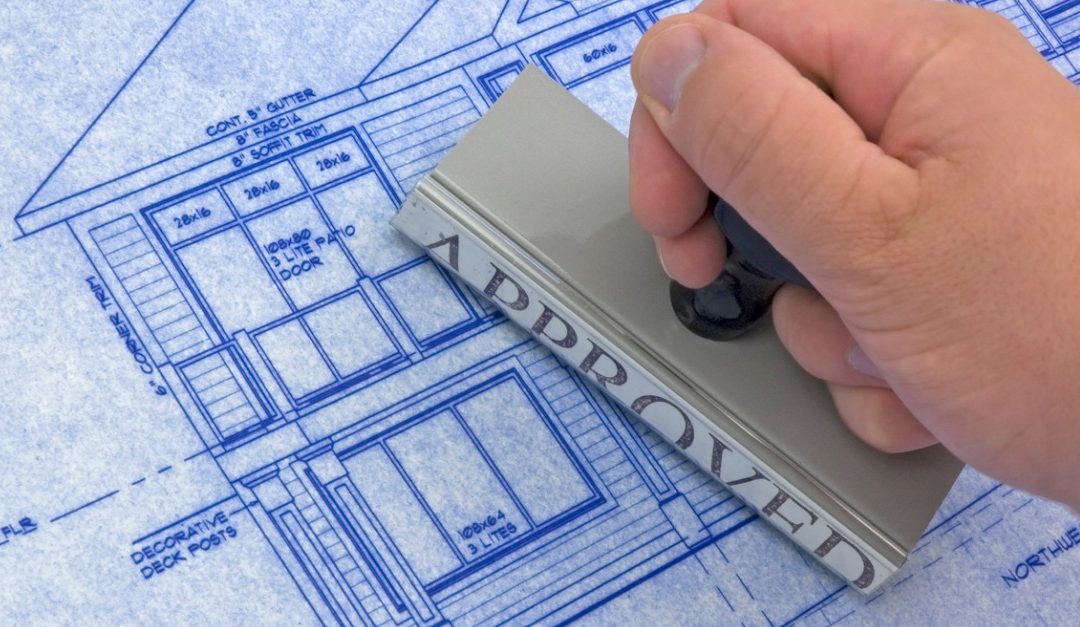Lately, there's been a growing chorus warning utility customers to be hyper-aware of unscrupulous callers and visitors set on stealing everything from an energy supplier authorization to your personal and financial data and your hard-earned cash.
As we make our way through the winter season, utility companies want customers to be reminded about common utility scams - and have banded together to promote a comprehensive and far-reaching #StopScam awareness campaign.
According to this consortium of over 100 energy companies branded Utilities United Against Scams (UUAS), a growing number of gas, electricity, water and communications consumers are getting calls on the phone and even encountering these imposters at their front doors.
So UUAS is partnering with the media and law enforcement to amplify their advisories.
A common utility con involves a caller claiming to be a utility billing representative claiming that you have an overdue bill, and in order to avoid an immediate shut-off, you must provide a credit card number or prepaid debit card.
Sadly, scammers are meeting with great success using this tactic. While the median monetary loss for all scam victims is $274, the Better Business Bureau (BBB) says the median loss for a utility scam victim is $500.
In fact, the BBB has found people more susceptible to utility scams than they are to Internal Revenue Service scams.
Utility customers are advised to read and heed these reminders - and share them with everyone in the household:
- All UUAS member utility employees carry photo identification
- Field workers generally wear clothing with the company logo and drive company vehicles. When in doubt, do not allow them in - and if they persist, call 911
- UUAS utility representatives never demand instant payment in person - or over the phone
- Utility representatives from UUAS companies do not require the use of prepaid debit cards (such as Green Dot MoneyPak, Vanilla or Reloadit)
- UUAS reps will never request customers meet them at a payment center, such as a department or grocery store, to make a payment
- None of the UUAS utilities solicit door-to-door - or on the phone on behalf of third-party energy suppliers
The Utilities United Against Scams website (utilitiesunited.org) provides more information on how to protect personal information and avoid becoming a victim of utility scams.








